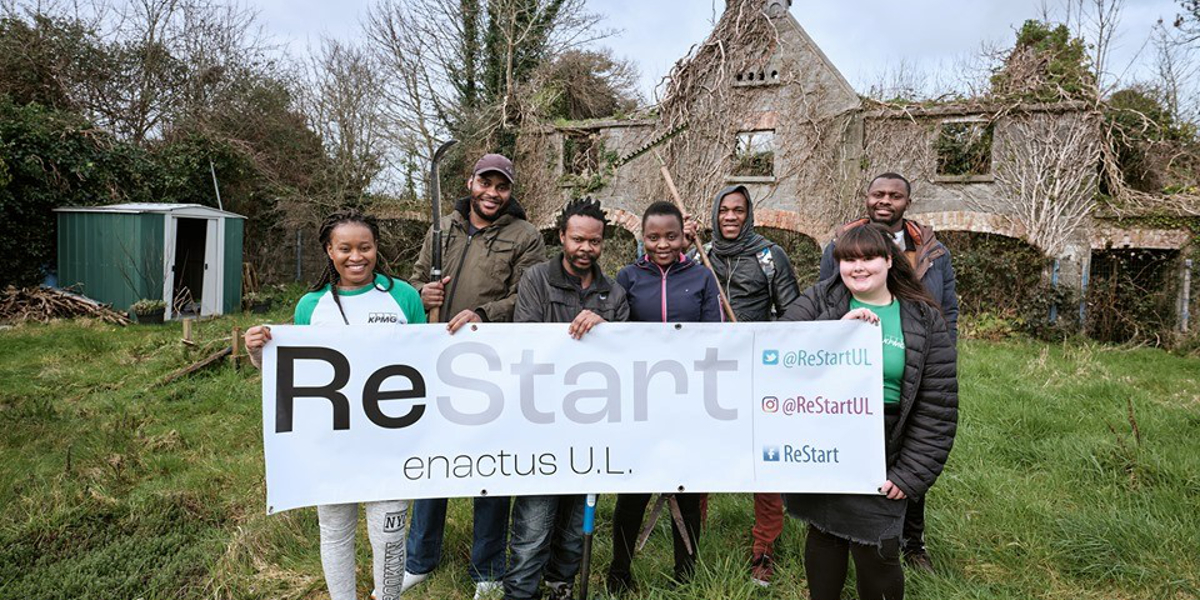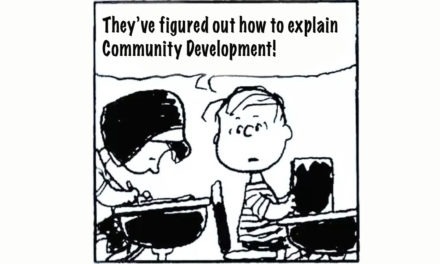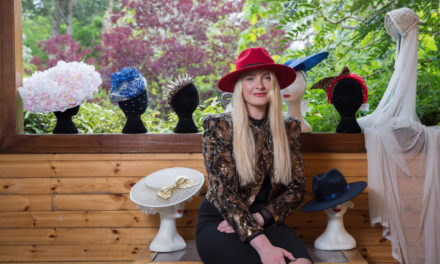Amid ongoing discussions about the Irish direct provision system, one student-run social enterprise is working to ensure that refugees and asylum seekers are able to integrate in their communities.
This morning (12 September), as stories hit the headlines about the community of Oughterard, in Galway, protesting against the opening of a direct provision centre in their area, it has never been so evident that the experiences of asylum seekers and refugees in Ireland give lie to ‘the land of a hundred thousand welcomes’.
But not all people feel the same way. In fact, many are very much in favour of helping these immigrants become part of local communities. ReStart, an Enactus social enterprise based out of University of Limerick (UL), counts itself very much in this camp.
Here, team member Sikhulekile Ruth Ndlovu speaks to Kirsty Tobin – in an interview conducted in collaboration with Enactus – and gives us some insight into ReStart’s work and inspiration.
Can you tell us about your project?
ReStart is a social enterprise that aims to integrate refugees and asylum seekers into the Irish community. To do this, we have developed several initiatives with integration at the core.
We are currently focused on the following:
ReStart Cooking
Refugees and asylum seekers living in local direct provision centres, together with members of Enactus UL, participate in weekly cooking sessions.
ReStart Cooking takes inspiration from around the world, cooking traditional dishes from countries including India, Bahrain and Zimbabwe. This food is then sold at the ReStart Cooking stall every Wednesday in UL.
The stall is operated by refugees and asylum seekers who are taught the necessary business skills, such as marketing and accounting, by members of our team, empowering them to run the stall.
Last semester, we had our first catering event (during UL Sanctuary Week), and are looking forward to further expanding into the catering market to grow ReStart Cooking over the coming year.
ReStart Gardening
We secured use of a plot of land at Knockalisheen Direct Provision Centre, where we hold gardening sessions twice a week. At these sessions, members of Enactus UL and the local community come together with refugees and asylum seekers to work the land.
The process of preparing the land has been long and hard, with lots of rocks and long grass to be cleared before the planting process could begin, but thanks to the hard work and dedication of everybody involved, fantastic progress has been made.
Many people living in direct provision face issues such as isolation and loneliness. According to a 2013 report conducted by the European Commission Against Racism and Intolerance, 90% of people suffer from depression after six months of living in the direct provision system.
Our vision is to connect ReStart Cooking and ReStart Gardening by growing produce for the cooking process at the centre, ensuring an organic and more sustainable product, while keeping community integration at the core.
What social need does your project address?
ReStart is focused on the United Nation’s Sustainable Development Goal 10 – reducing inequality within and among countries – and has its sights set on integration.
We conducted our needs assessment by visiting Knockalisheen and Hanratty Direct Provision Centres in Limerick and speaking to residents. Of the refugees and asylum seekers we surveyed, 73% stated lack of integration opportunities is a problem within direct provision.
Through ReStart Cooking and ReStart Gardening, we are fostering positive integration of refugees and asylum seekers with members of the local community.
What first stirred your interest in this area?
Before joining Enactus UL, I experienced what it’s like to live in direct provision. I then realised that change doesn’t have to come from someone else. From my own experience, and through my passion, the impact of ReStart will be beneficial in creating awareness and educating everyone that asylum seekers do have something to offer. Enactus has given us the students, and a platform to bring about change.
What prompted you or inspired you to get involved with Enactus?
I had heard about Enactus through college and, with some of my friends being active members, I learned of the positive impacts social enterprises can have on society.
I was looking for a project that would help to develop my communication skills and creative thinking, and something that would allow me to give back to my community. Enactus and ReStart were the perfect fit.
What have you learned about social enterprise and community-focused entrepreneurship since starting this project?
I have learned that setting-up and running a successful social enterprise is hard work. It takes dedication and teamwork but, when these factors come together, the results of a community-focused project are worth the effort.
Being able to share food, recipes and stories with people living in direct provision drives me to want to make this project a continued success and to always keep people at the core of our social enterprise.
Why do you think social enterprise matters?
Social enterprise is extremely important in today’s world as there are still issues that need to be addressed, such as the growing problem with climate change and immigration. Social enterprise gives young people the opportunity to tackle these problems with creative solutions, which in turn have positive repercussions in society.
Do you think you’ll work to develop social enterprises after graduation, or even continue to grow your Enactus project?
Definitely. Having witnessed the impact a simple change or idea can have on a community, I want to continue developing new projects that can have a positive impact on the environment and on society.
What advice would you give to students considering developing an Enactus project in the future?
To develop projects in areas that they are passionate about. If you believe in your project and the effects it can have on society, then you will be more proactive in transforming your idea into a successful social enterprise.
Updated, 12.20pm, 3 October 2019: Sikhulekile’s response to the question ‘What first stirred your interest in this area?’ was altered to provide further clarity.





